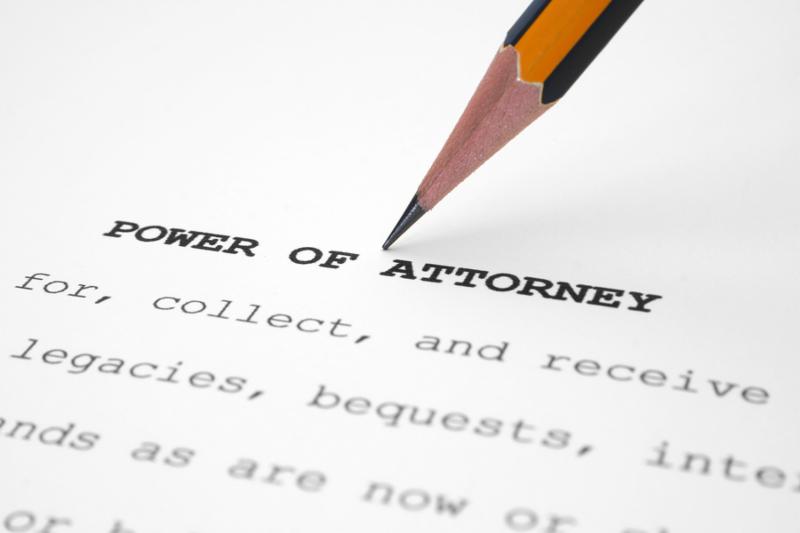A Power of Attorney is a legal document which allows a person or organization to handle your financial affairs during your lifetime if you are unable to do so yourself. The document is critical for anyone over the age of eighteen (18) to have because, if you become unable to handle your own affairs and do not have a valid power of attorney, a court will have to determine who the proper person or organization is to act on your behalf through a guardianship proceeding, which requires more time (months) and money (thousands of dollars), than a power of attorney does.
 Beginning January 1, 2018, The North Carolina Uniform Power of Attorney Act will take effect. There are significant changes in the new power of attorney act including the following default rules: automatic durability (meaning it survives your incapacity), no requirement that the power of attorney be recorded except for real estate transactions, the power of attorney is effective as of the date of execution, and new acceptance, revocation, and resignation requirements for agents. These are the default rules, which means if you want different rules, you must expressly state so in the power of attorney document.
Beginning January 1, 2018, The North Carolina Uniform Power of Attorney Act will take effect. There are significant changes in the new power of attorney act including the following default rules: automatic durability (meaning it survives your incapacity), no requirement that the power of attorney be recorded except for real estate transactions, the power of attorney is effective as of the date of execution, and new acceptance, revocation, and resignation requirements for agents. These are the default rules, which means if you want different rules, you must expressly state so in the power of attorney document.
So what does this new law mean for you? If you have a North Carolina power of attorney that was valid at the time it was created, it will still work after January 1, 2018. However, this new law gives us an opportunity to educate you about powers of attorney in general.
First, if you do not have a valid power of attorney document, this article should be a wake-up call for you, and you should contact a North Carolina licensed attorney who focuses their practice on estate planning to create one as soon as possible. Second, if you do have a power of attorney, you should review it.
There are several instances when you should execute a new power of attorney:
- Your power of attorney is a “short-form” power of attorney. Though the document will not necessarily say “short-form” on the actual document, it is usually a two page document which lists seventeen items (ranging from real property transactions to renunciations) that you can authorize the person named in the document to do on your behalf by initializing beside each power you desire them to have. If you have a “short-form” power of attorney, we strongly recommend you execute a new power of attorney for you because the “short-form” power of attorney is not accepted by all third parties for all situations.
- Your power of attorney was not drafted by a North Carolina licensed attorney. If you bought your power of attorney off the internet, caveat emptor (buyer beware)! Documents created generically that try to be a one-size fits all do not always work in your particular circumstance.
- Your power of attorney was created in another state. State law determines the requirements of a valid power of attorney. While there is a chance your power of attorney from another state may meet the requirements for North Carolina, third parties (such as banks) are familiar with North Carolina power of attorneys. For a minimal cost, why risk having a third party not accept a power of attorney from another state because it does not contain the language that they are accustomed to seeing.
If you would like to have The McIntosh Law Firm review your current power of attorney and, if needed, create a valid North Carolina power of attorney for you, please call 704-892-1699 to set up an appointment.
Author: Amy Holthouser, Attorney
The McIntosh Law Firm, P.C.
